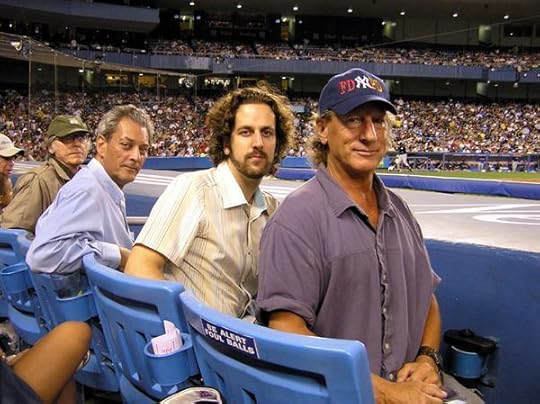What do you think?
Rate this book


209 pages, Paperback
First published January 1, 2003

Kid used to think he was wise to the system
Prince of the street always do things his way
But he had a case of conventional wisdom
Never say nothing the others don’t say…
Man gave me the news in a slanted room
And it felt like a sliver of icy truth
Felt my sad-ass soul flying out of my mouth
My gold tooth splitting down to the root
Let me be who I was
Unrhymed fool
That’s lost but living.